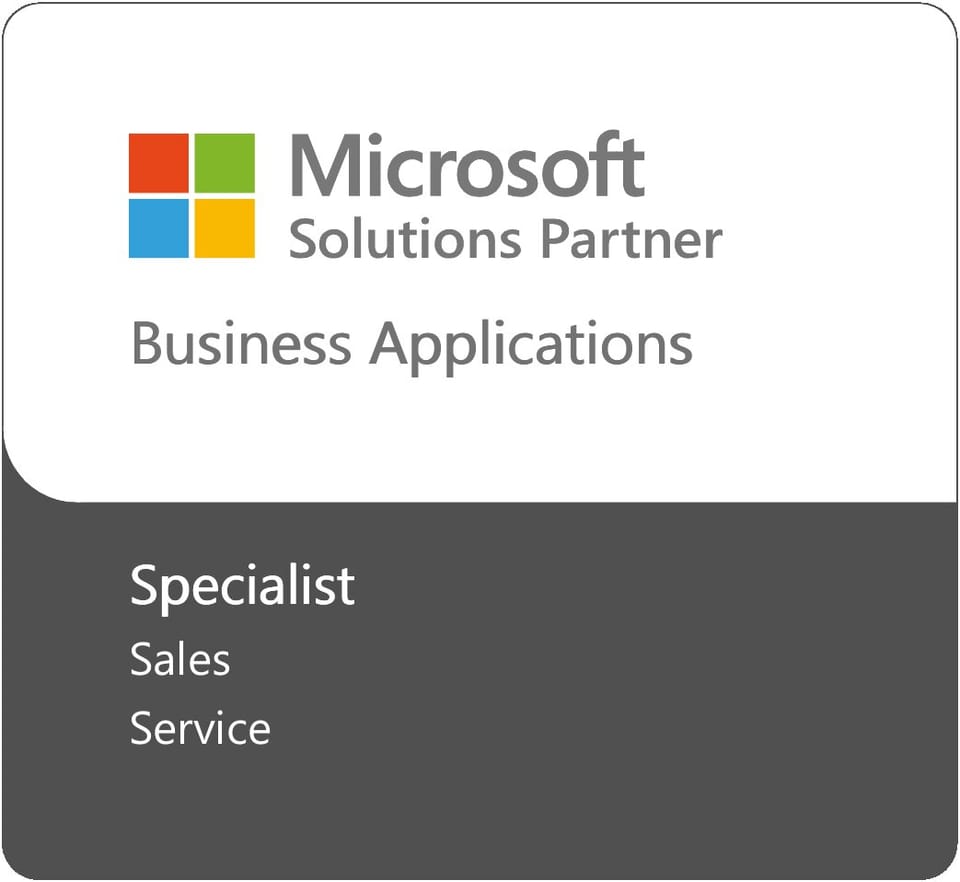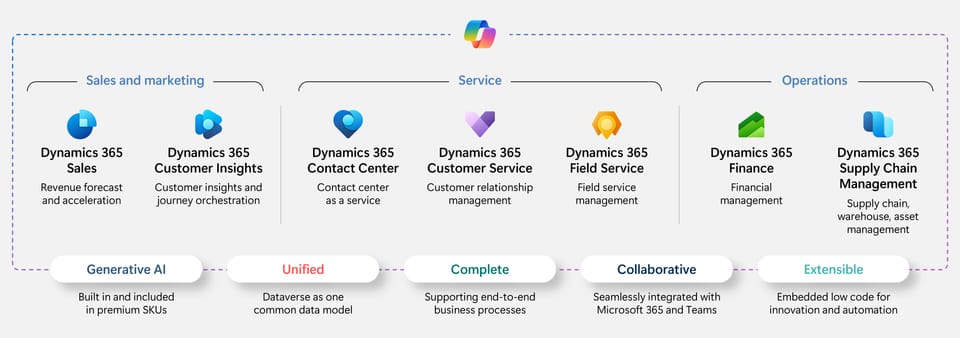
Dynamics 365 Sales
Streamline your lead-to-cash process with AI-powered insights and automated workflows.
- AI-powered insights
- Automated workflows
- Sales forecasting
- Customer journey mapping



Enterprise Microsoft Dynamics 365 solutions for Australia & New Zealand
Complete enterprise solutions across the entire Microsoft Dynamics 365 portfolio, delivered by certified specialists.

Streamline your lead-to-cash process with AI-powered insights and automated workflows.

Deliver unified omnichannel customer support with AI-powered assistance.

Drive customer engagement with AI-powered marketing automation and insights.

Modern contact centre solutions with intelligent routing and AI assistance.

Complete financial management and operational excellence with integrated ERP.

Optimise field operations with intelligent scheduling and mobile workforce management.

Transform data into actionable insights with advanced analytics and reporting.

Next-generation AI assistance and intelligent automation for enhanced productivity.

Low-code solutions with Power Apps, Power Automate, and Power BI for rapid business transformation.
We're proud to partner with these amazing organisations across Australia and New Zealand.










.png)

















.png)







See how all Microsoft Dynamics 365 applications work together to create a unified business platform

Every organisation's transformation is unique. Whether you're just starting out, scaling up, or fine-tuning for results, our services are designed to meet you where you are. Explore the stages below to find out what's most relevant for you—and see how Delta Insights can help at every step.
Book a free consultation and we'll help you map your journey. Our experts will assess your current state and create a tailored roadmap for your Microsoft Dynamics 365 transformation.
Recognition from Microsoft and others just means we're doing right by our clients.










Join thousands of organisations worldwide that have accelerated their growth with Microsoft Dynamics 365 and our expert guidance.